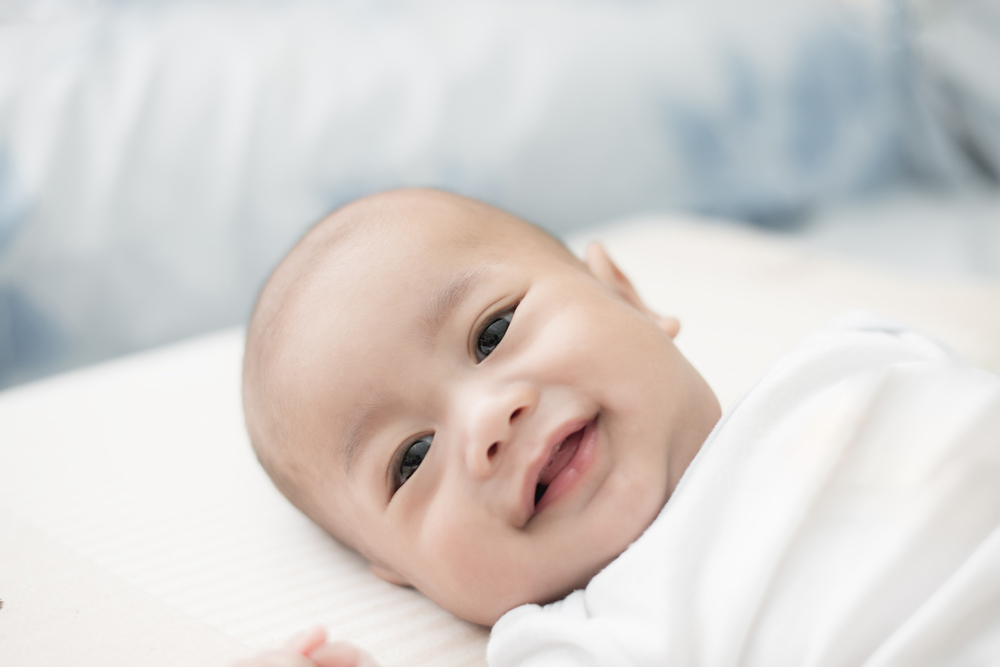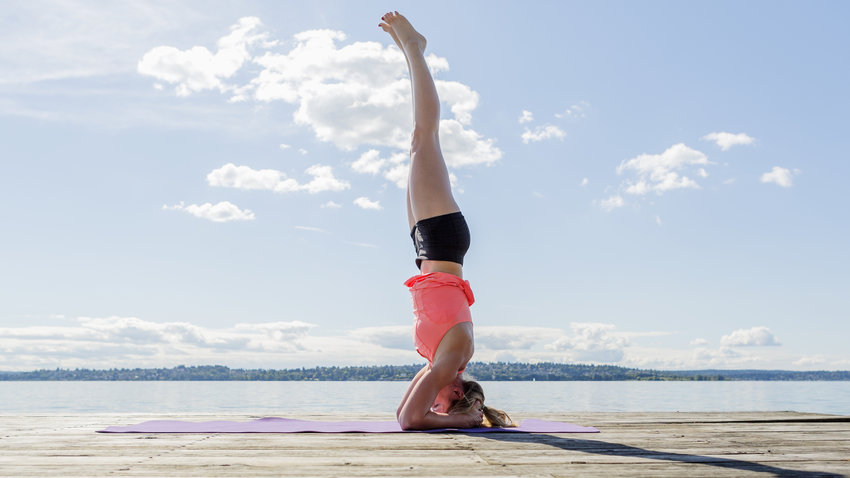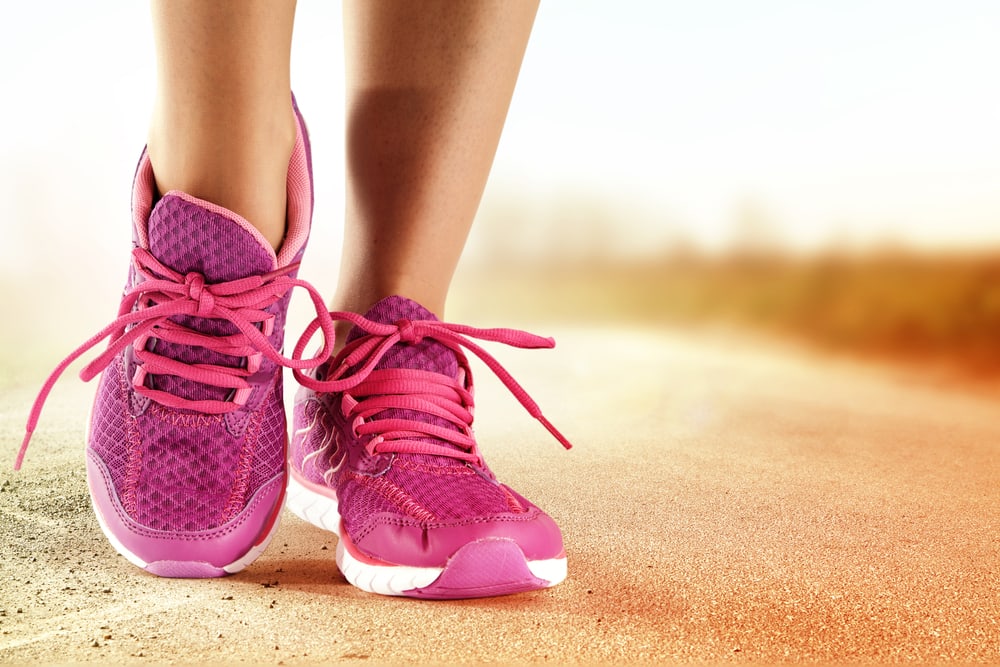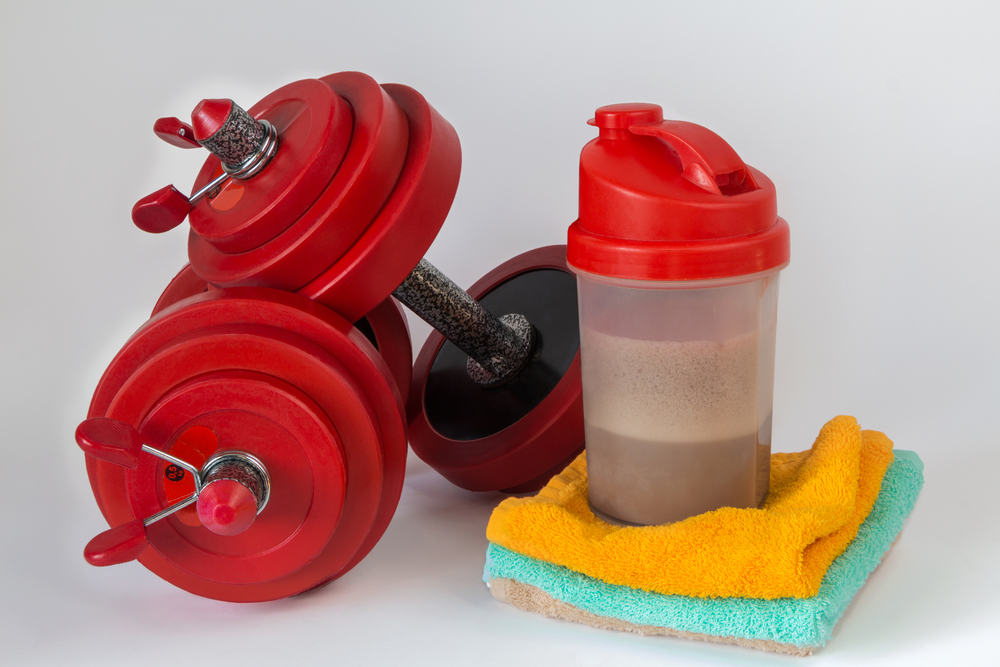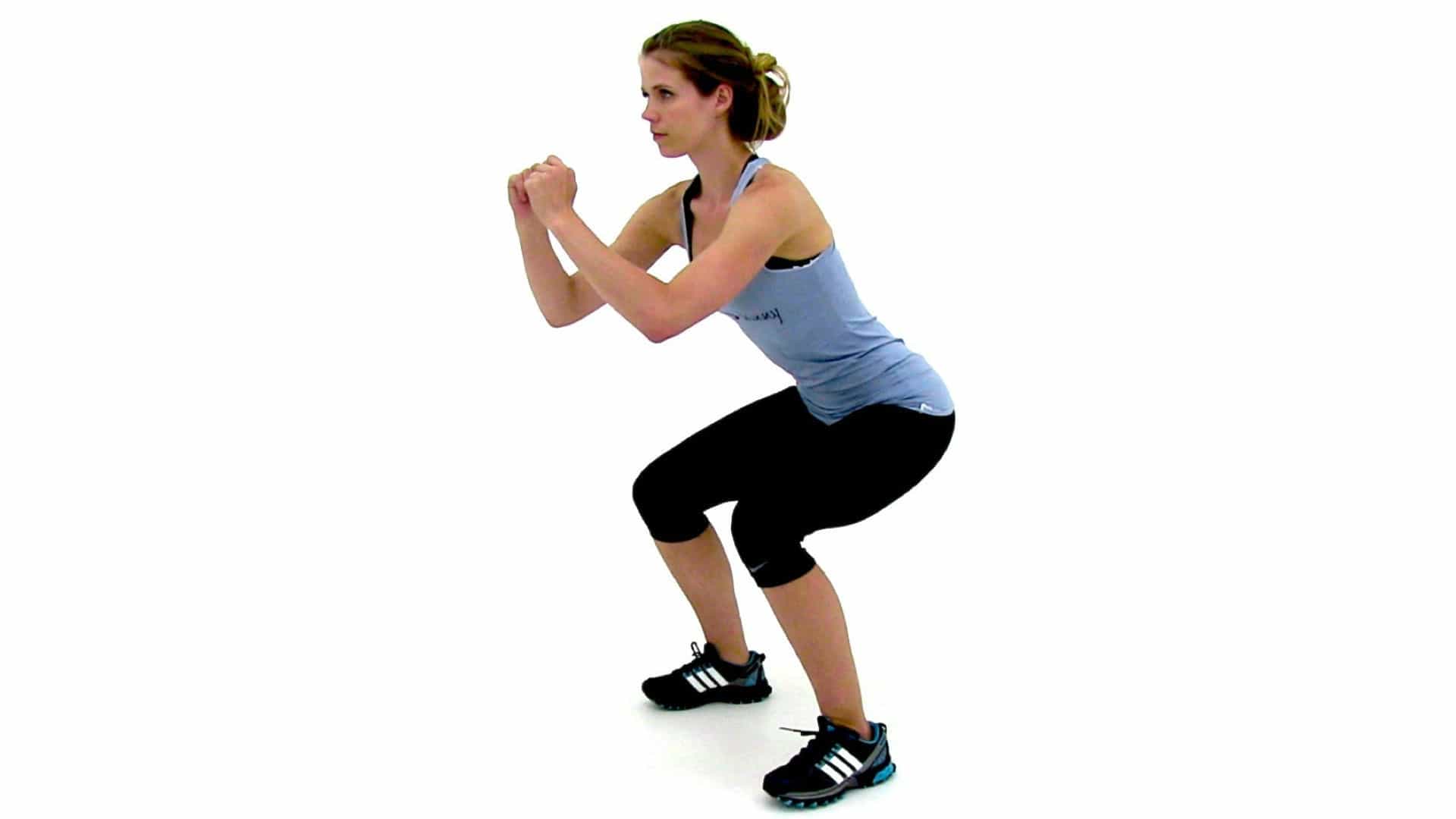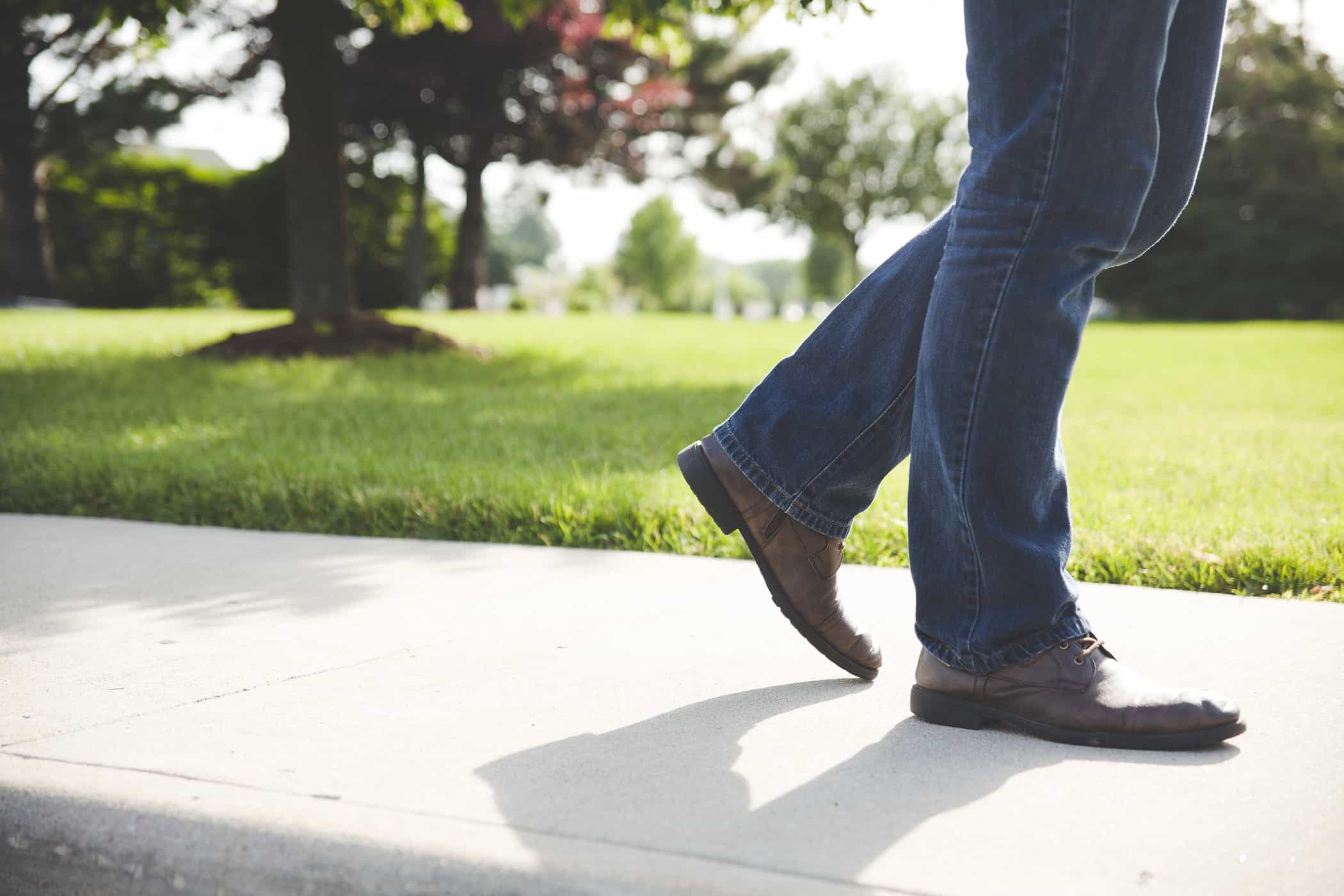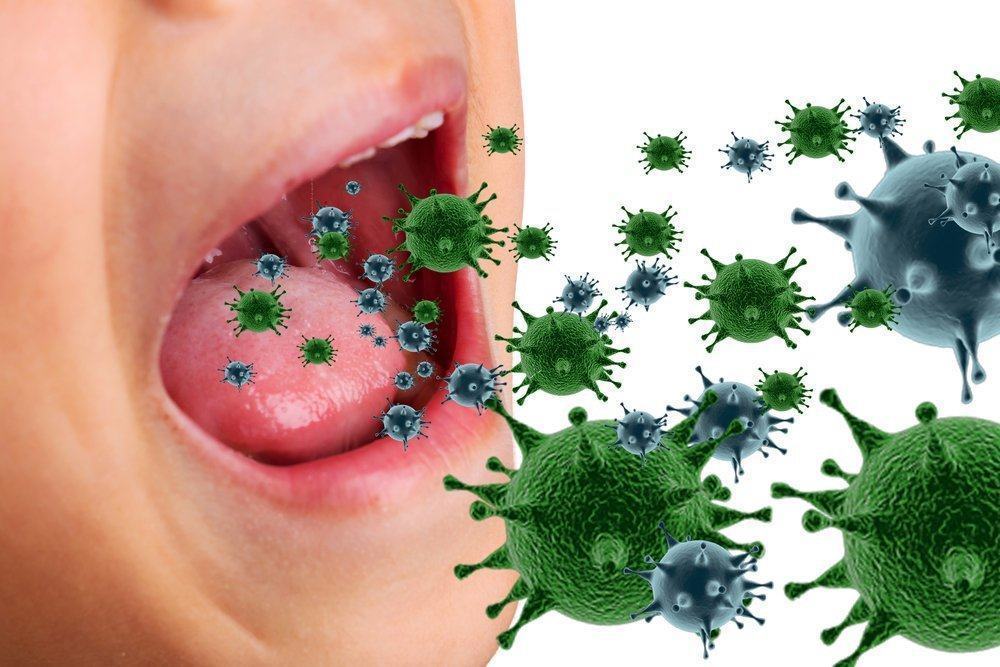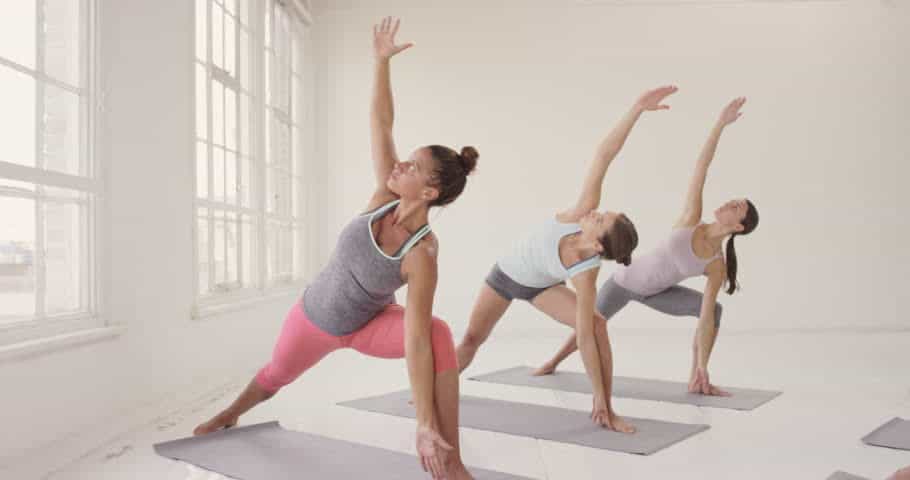Contents:
- Medical Video: 16 Weeks Pregnant - 16 Weeks Pregnant symptoms - Pregnancy Week by Week
- Development of Babies Aged 16 Weeks
- How should the baby develop 16 weeks?
- What should I do with a 16-week-old baby?
- Health for babies aged 16 weeks
- What do I need to discuss with the doctor?
- What should I know about 16-week-old babies?
- Which must be considered
- What should I notice from a 16-week-old baby?
Medical Video: 16 Weeks Pregnant - 16 Weeks Pregnant symptoms - Pregnancy Week by Week
Development of Babies Aged 16 Weeks
The development of a 16-week baby is quite diverse, as a parent you might be curious about what your little one can do at that age.
How should the baby develop 16 weeks?
The fact is, entering the development of a 16-week baby can already do push-ups small. So while on his stomach, the baby will probably lift his head and shoulders with his arms. This will strengthen the muscles and make it have more visibility.
Even 16-week-old babies are trying to roll from back to front, or vice versa. You can push it roll over by fishing by shaking the toy next to him so he will try to roll until he is interested in trying it again. Praise the business and smile.
During the development of a 16-week baby, your child can do the following:
- Lifting legs when held
- Take objects
- See the sound source directly, especially your voice
- Say babble or coletehan voice
- When lying down, he can lift his head and shoulders by pushing his hand. This activity can help strengthen muscles and expand the baby's vision. Even babies can surprise you and themselves when rolling from a lying position and vice versa.
What should I do with a 16-week-old baby?
You can help encourage 16-week-old babies to roll by gently wiggling toys at the location of babies who often roll over. Praise the child's efforts and smile at him. Sometimes you need to calm him down because new skills will make him a little scared and embarrassed.
Health for babies aged 16 weeks
What do I need to discuss with the doctor?
Every doctor has its own way to check the health of a baby depending on certain situations. Overall physical testing and the number and type of diagnostic techniques and procedures will vary depending on the child's condition. Your doctor may:
- Measure your weight and height, head circumference and the progress of the baby's development after birth
- Physical examination
- Have you consider the next examination related to how to feed, sleep, grow and how to look after the baby.
You should also consider problems that arise more than a month on, for example the problem of breastfeeding that starts to decrease. Record information and direction from the doctor, as well as important information (weight and height, head circumference, birthmarks, vaccinations, diseases, medicines given, child test results) to record the health of the baby.
What should I know about 16-week-old babies?
So that the development of a 16-week baby is more optimal, there are a number of things that parents must know, such as:
1. Obesity
Obesity usually occurs in adults. In fact, babies may be obese or overweight too. Indeed, babies who look fat are very adorable. This makes many parents unconscious if their baby has health problems.
Some babies look fat at birth, and some begin to get fat with age. But not always because unhealthy eating patterns or babies rarely move, which may be because the baby does not develop muscles perfectly. This situation can improve as you get older.
A stocky body is not a sign that children will become obese when they grow up. Many children begin to lose weight when they start crawling and learning to walk.
As you age, you can encourage him to play on a bed or flat but safe, and you can breastfeed only when the baby is really hungry. This will help reduce the possibility of obesity.
2. Games that your little one likes
15-week-old baby You may be very happy when you throw it into the air and catch it repeatedly. However, this action is very dangerous.
Some ways to play with can be very dangerous for children under the age of 2 years. The baby may be injured when shaken or held high.
Because the weight of the baby's head is the same as the overall weight of the body, the neck muscle has not fully developed so that the power of the baby's head to support it is very weak.
When shaken, the baby's head tilts back and forth, which causes a collision of the brain with the skull. Brain injury can cause swelling, bleeding, pressure or nerve damage and your baby may be affected mentally and physically throughout his life.
His eyes can also be affected. If the retina is separated because the parent throws the child into the air, the nerves will also be injured, which can affect the baby's vision, and cause blindness.
Injuries can also occur when the baby is shaken while playing with him. So, avoid playing rough and always support the baby's head and neck with your hands.
Also, avoid shaking the baby while carrying it (it's better to put the baby in the stroller). This does not mean you cannot play with babies, you can still play softly and prioritize safety.
Which must be considered
What should I notice from a 16-week-old baby?
When entering the development of a 16-week baby, you should consider the following:
Babies still use pacifiers
This can make a child feel comfortable including when he is breastfed, drink with a milk bottle, listen to lullabies or even while sucking on a pacifier.
When it becomes a habit, it will be difficult to stop. If you don't want the baby to be addicted to pacifiers or pacifiers, try pausing to let the baby suck the pacifier.
At this age the baby's ability to remember in duration is limited, so the child will easily forget the pacifier if it is no longer given.
To make your baby more comfortable when there is no pacifier, try to cradle it, sing a lullaby, let the baby suck on your sleeve (or your own hand).
If the baby seems not ready to leave the pacifier, you can limit the use of pacifiers by letting the baby use it only during naps or evenings.

